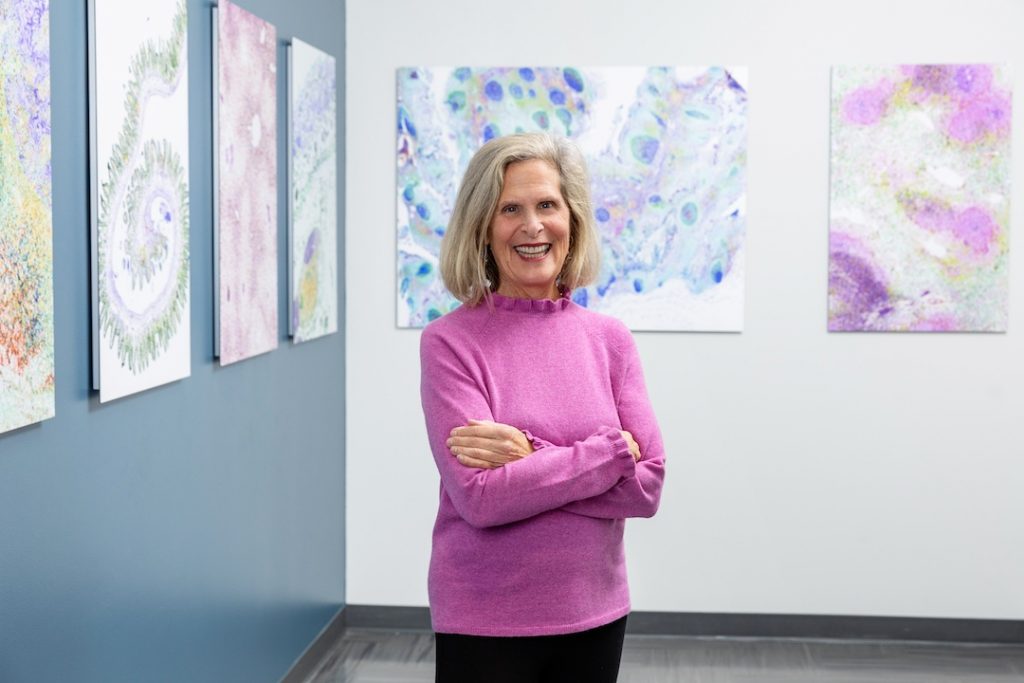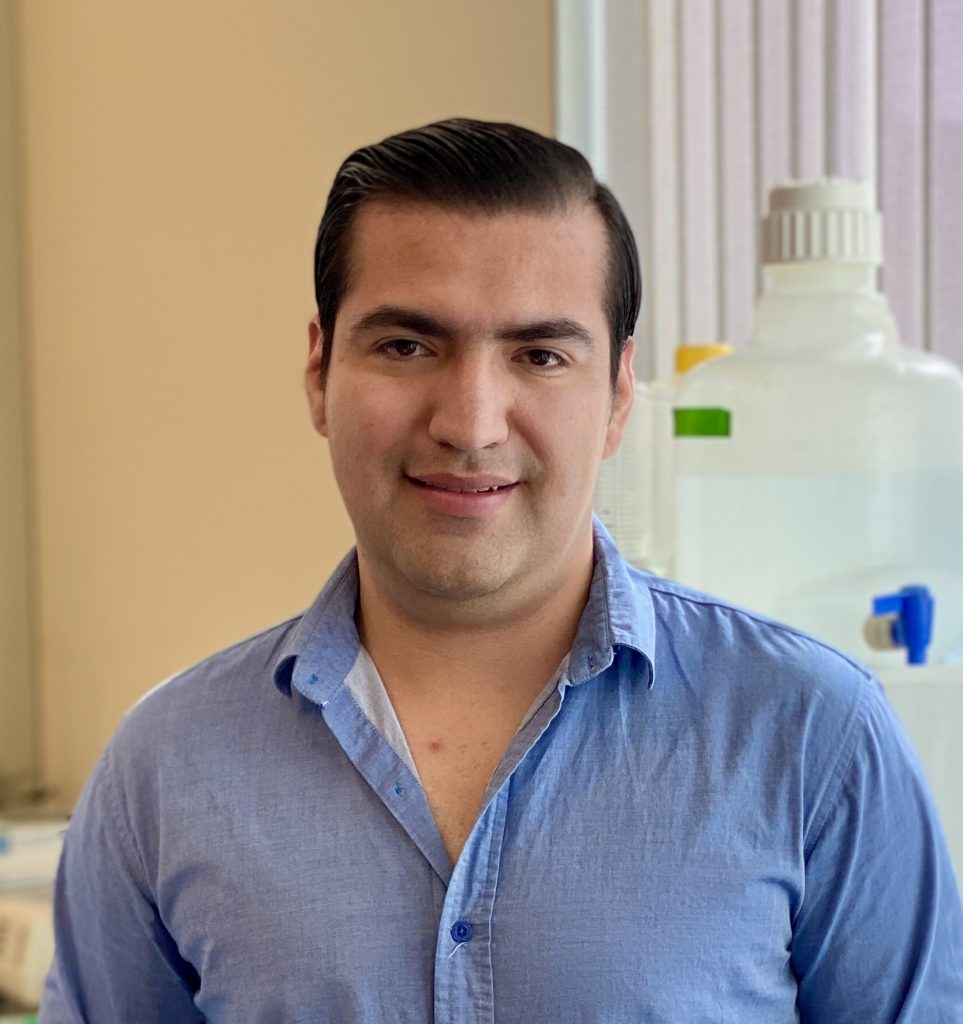La Jolla Institute for Immunology (LJI) Professor Hilde Cheroutre, Ph.D., has been named a Distinguished Fellow by the American Association of Immunologists. This honor recognizes Cheroutre’s impact in the scientific world, as well as her service to the immunology community.
Cheroutre has advanced our understanding of how immune cells at “mucosal interfaces” defend the body against pathogens and cancers. Her work has revealed how defects in the self-education of T cells can drive autoimmune diseases and other debilitating inflammatory conditions.
“I could never have done it if it weren’t for the excellent scientists I’ve had the honor and luck to work with,” says Cheroutre, who has also served on the faculty of RIKEN Center for Integrative Medicine, Japan.
Cheroutre earned her Ph.D. in 1984 from the State University of Ghent in Belgium. There she performed key experiments that led to the discovery of a human protein called gamma interferon (IFN-Gamma), one of the first proteins known to have antiviral activity.
For her postdoctoral training, Cheroutre moved to California and joined the lab of laboratory of biologist Leroy “Lee” Hood, Ph.D., at Caltech. Cheroutre’s pioneering research at Caltech helped scientists and physicians understand the complex ecosystem of the intestines and the importance of specialized immune cells in stopping infections from breaching the vulnerable lining of the gut.
In 1997, Cheroutre joined LJI and opened a laboratory focused on better understanding the molecules and mechanisms that direct immune cell activity. In 2009, she was awarded the NIH Director’s Pioneer Award for research that shed light on self versus non-self education and self-based immune protection and why some T cells turn “auto-aggressive” and attack healthy tissues in the body.
Cheroutre’s work at LJI has also shed light on cellular processes linked to cancer development and anti-cancer protection. In a recent study, Cheroutre and LJI colleagues uncovered the important role of molecules called retinoic acid receptors in controlling the signals that turn T cells into “active fighters” or suppressors of the immune response. “Understanding the role of this receptor has such major implications for studying protective immunity, anticancer therapies, autoimmune disease, and neurological diseases,” says Cheroutre.
Cheroutre calls it a privilege to conduct research that could one day lead to new medical therapies. “I’m so grateful when the research leads to discoveries that help to improve human health and eliminate or prevent diseases and suffering,” she says.
Learn more:
Review: Starting at the beginning: new perspectives on the biology of mucosal T cells





